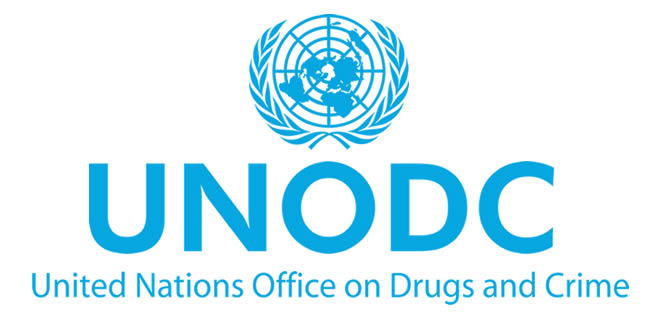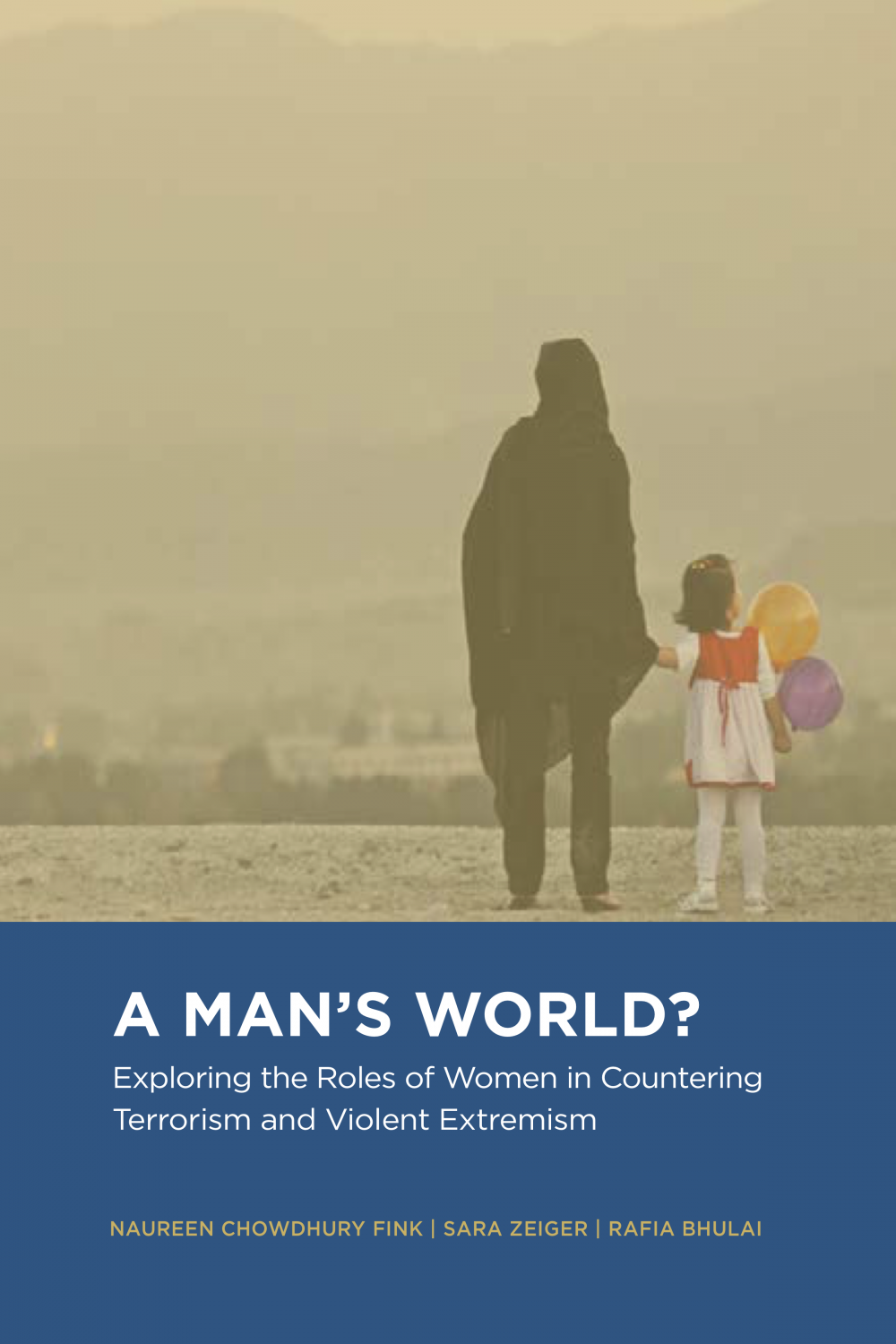What had started with a factfinding mission and Teamshaping seminar in Tajikistan’s Sughd region in 2011 ultimately gave rise to Women without Borders’ (WwB) global ‘MotherSchools: Parenting for Peace’ movement. At the conclusion of WwB’s ‘Mothers for Change’ workshop in Khujand, female participants proposed the creation of MotherSchools to provide women in their communities with the skills that they need to effectively support their children and prevent the spread of violent extremism (‘What mothers need is to go back to school’). True to its governing principle of translating evidence-based research into action, WwB at this point already had been engaged in a five-country research study that would prove to be the theoretical foundation of the MotherSchools Model. To explore the notion of Mothers Preventing Violent Extremism (MPVE), WwB conducted the first in-depth applied research study centred on mothers and security. On the basis of its study findings with 1023 mothers and owing to the spark provided by Teamshaping participants in Tajikistan, WwB developed the first contextualised MotherSchools curriculum and completed a six-month pilot programme in and around Khujand. The following account recounts the genesis of the MotherSchools movement.
Bordering Afghanistan, Uzbekistan, and Kyrgyzstan, the Central Asian country of Tajikistan lies in a volatile region and has witnessed a steadily increasing rise in violent extremism since the late 90s; a problem that has been exacerbated by its proximity to countries that are also affected by radicalisation. After gaining independence from the Soviet Union in 1991, Tajikistan underwent a period of turmoil during which communists fought an alliance between the Islamic and democratic forces. In the mid-90s, over half a million people from Tajikistan were either killed or displaced; most of whom fled to Afghanistan. While an UN-led peace agreement in 1997 led to the official end of the civil war, deep-seated tensions have endured and radicalisation in Tajikistan has continued unabated.
The issues facing women and their children in particular are intensified by the high number of Tajik men migrating to Russia for a significant portion of the year in search of work. A growing proportion of households are now dependent on women, marking a decided turning point in a deeply patriarchal society where men nevertheless still govern the public and private realms. While this presents an opportunity for the female population to transcend traditional social structures and assume decision-making positions, many pursue employment as a means of survival in the absence of support, thus often leaving their children to their own devices and susceptible to the recruitment methods of radical groups.
Against the background of these critical developments, it was in the Central Asian country of Tajikistan that the road leading up to Women without Borders’ (WwB) global ‘MotherSchools: Parenting for Peace’ movement began in late 2011. To learn more about the potential security role that women could play, WwB embarked on a factfinding mission across affected areas of Tajikistan. During this exploratory country visit, WwB met with government stakeholders and civil society organisations in Dushanbe, the volatile Fergana Valley in the north of the country, and the Afghan border region in order to gain deeper insight into local radicalisation dynamics and women’s prospect of countering and preventing violent extremism (P/CVE).
As a part of its ongoing international ‘Mothers for Change’ campaign at the time, WwB returned to Tajikistan in early 2012 to identify female community leaders with adolescent or young adult children and bring them together through a ‘Teamshaping’ workshop in partnership with the Association of Scientific and Technical Intelligentsia (ASTI). Teamshaping, a concept developed by Ulrich Kropiunigg, professor of psychology at the Medical University of Vienna, provides groups with relevant communicative structures to identify and realise a collectively-determined goal. Twenty-two community leaders, social workers, and teachers from the villages of Asht and Bobojon Gafurov attended this five-day WwB ‘Mothers for Change’ workshop in Khujand, the capital of Sughd province, to learn from each other’s community-based work experience, and to discuss their plans for addressing violent extremism. The apparent link between the nature of parenting and the susceptibility of the youth to extremist groups dominated the workshop discussions. The participants underscored that a lack of parental guidance due to the absence of fathers and mothers has increased their children’s vulnerability to recruitment by radical groups. At the same time, they identified successful communication with their children as the most effective possible remedy.
Observing the spirit of the ‘Teamshaping’ workshop, one of ASTI’s programme officers noted, ‘One drop alone cannot change anything. But when you become a stream, you can change the river. This is why I believe the power of women is when they unite’. During discussions and exercises to identify early warning signs of violent extremism in their areas, the women expressed great concern about increasing signs of radicalisation in their surroundings. Of one mind that mothers have the power to change the course of their children’s lives for the better and move their communities in the right direction, the head of the local women’s rights organisation Gurdofarid reinforced the participants’ understanding by noting, ‘There is a proverb in Tajik language—that mothers can do a lot: with one hand they shake the cradle, and with the second hand they shake the world’. The participants articulated a desire to acquire the necessary skills to protect the youth from recruitment and extremism in their homes and communities. Towards the end of the workshop, the ‘Mothers for Change’ project participants reached a joint conclusion: ‘What mothers need is to go back to school’. This realisation led to the birth of the ‘MotherSchools: Parenting for Peace’ philosophy.
True to its governing principle of translating evidence-based research into action, Women without Borders at this point already had been engaged in a five-country research study that would prove to be the theoretical foundation of the MotherSchools Model. Leading up to this, the projects and global community that came to fruition through its Sisters Against Violent Extremism (SAVE) network since 2008 had advanced WwB’s understanding that mothers in particular have for too long been excluded from prevention strategies.
In an effort to grasp why mothers did not figure prominently and to explore the notion of Mothers Preventing Violent Extremism (MPVE), WwB conducted the first in-depth applied research study centred on mothers and security, entitled ‘Can mothers challenge extremism?’. As a part of its broader ‘Mothers for Change’ campaign, WwB observed 1023 mothers’ attitudes towards, perceptions of, and experiences with radicalisation and violent extremism in their families and communities across Pakistan, Palestine, Israel, Nigeria, and Northern Ireland. The research revealed that although mothers are best suited and situated to recognise and react to early warning signs of radicalisation due to their place at the heart of the family, often they lack the appropriate space, structures, and training to develop the necessary competence and confidence to assume their prevention role.
On the basis of these study findings, drawing on the latest research in the field, and owing to the spark provided by Teamshaping participants in Tajikistan, WwB developed the first contextualised MotherSchools Curriculum for a six-month pilot programme in and around Khujand. This initial, integrated manual centred on the following five practical and theoretical areas: critical tools for dialogue and awareness; de-radicalisation techniques; applied parenting skills; improved family communication; and the psycho-social process of child development. The latter was adopted since the anonymous evaluation forms that participants had filled out revealed how strongly the Teamshaping session on Erik Erikson’s developmental stages of human life had resonated with the mothers. Erikson’s fifth stage tackles the concept of identity between the ages of 12 and 20. These eight years are central to adolescents in defining their raisons d’être, and in identifying the sources that lead to the consolidation of their identity. Being the most vulnerable period in their lives, youth are at this stage far more susceptible to the manipulation strategies on the part of those who prey on an individual’s vulnerabilities, and who tend to operate outside of communities and the parameters of the law, such as recruiters and extremist groups.
Upon the completion of the first MotherSchools Curriculum on the basis of the ‘Mothers for Change’ study and workshop evaluations, in February 2013 WwB launched its ‘MotherSchools: Parenting for Peace’ pilot in Tajikistan. The programme was rolled out with ASTI as local implementing partner and began with a three-day train-the-trainers workshop in Khujand. WwB introduced the main concepts and provided a comprehensive overview of the manual. This included group discussions, exercises, and the use of media tools, including WwB’s ‘Your Mother’ feature, which features mothers of perpetrators and is the sixth film in WwB’s series of audio-visual tools promoting awareness and dialogue in at-risk communities. While the future MotherSchools teachers received hands-on training and workshop materials, the their coming together also helped to build trust and a cooperative, cohesive group.
For the first phase, lasting three months, ten local trainers mobilised groups of an average of ten mothers and organised five meetings in Sughd province’s towns and the villages of Khujand, Kayrakkum, Ghafurov, and Asht. The majority of participants were university graduates between the ages of 30 and 55 with children who were between 12 to 26 years old. Within weeks WwB received detailed feedback that spoke to the participants’ receptiveness of the programme and revealed the depth of youth involvement in different radical and extremist groups. Describing the seminars as ‘burning’, one mother urged that ‘all women have to know about radicalism’ and how in learning about ‘preventive measures, we got accessible information about extremism’, which was important since ‘in child-rearing great responsibility lies on the shoulders of mother’.
The monitoring and evaluation process through regular reporting and feedback from the trainers enabled WwB to further contextualise the curriculum for the second phase of the programme. The Tajikistan pilot had local MotherSchools teachers run a total of ten sessions with participants in the trusted space of their homes. Empowering and positioning mothers as security allies was not only an eye-opening concept to the participants; WwB’s introduction of the Mothers Preventing Violent Extremism (MPVE) idea opened up an entirely new avenue to pursue effective P/CVE work. The mothers of Sughd province expressed feeling relieved to be able to play a role on the home front without yielding any longer to notions of family honour that had inhibited many from addressing warning signs. Several teachers commented that the training in conflict prevention and improved communications would have a ripple effect and helped to address other taboo topics like domestic violence and violence between fathers and sons. ‘We started’, as a teacher noted, ‘to extend the obtained information during the meetings to neighbours, relatives, classmates’.
What had started with a simple factfinding mission and Teamshaping seminar in Tajikistan’s Sughd region in 2011 ultimately gave rise to the ‘MotherSchools: Parenting for Peace’ Model that has since 2013 been implemented widely and has developed into an ever-growing global movement. And so it turns out that the Tajik proverb, stating ‘that mothers can do a lot: with one hand they shake the cradle, and with the second hand they shake the world’–applies not just to the mothers of Tajikistan: indeed, time has told that mothers speak a universal language and that wherever they unite they ‘can change the river’.



